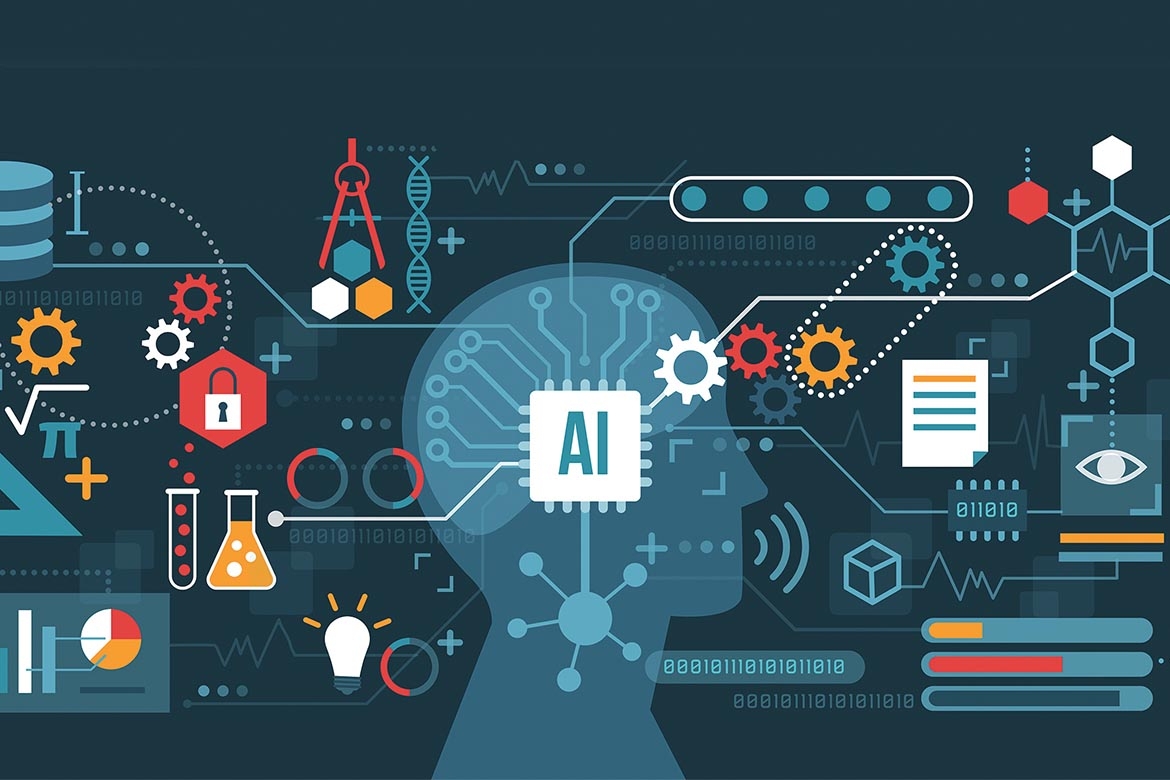Will Artificial Intelligence transform security in 2020?
In this article Darren Read, Managing Director of Amulet, explores whether technology can take over from people in the security sector and the increasing role of Artificial Intelligence.
Developments in security technology
The rapid rate of technological development is shaping numerous industries. In the case of security, we are seeing both threats from new sources, and increasing sophistication in prevention and tackling of these threats.
Throughout 2019, we have seen how technological threats have led to security developments that integrate with manned and physical security.
While the temptation for some is to assume that technology can take over the majority of the roles currently carried out by manned guarding, the actual process to achieve this transformation must be carefully thought through and planned to ensure the end result is an improvement in the level of security protection provided, with no perceived or real increase in risk.
When is it safe to use artificial intelligence?
Of course, technology is equally important in enhancing people provision as it is in replacing it. This is especially true in the holiday season when crowds are greater than normal. Despite some of the advantages that come with technology, there’s nothing quite as reassuring as the physical presence of security professionals. So, whilst tech intelligence is key, so is the friendly face of an officer for people going about their festive activities.
Understanding where it is both safe and sensible to replace human intelligence with artificial intelligence requires human expertise as a foundation. It is vital to carry out a full risk assessment for customers to see what affects each different aspect of their security and what can be optimised. As a combined approach becomes the norm, we will see an increase in the amount and variety of technology used across customer sites, allowing each security service to be curated specifically to each customer.
This transformational process requires buy-in from all involved, which can be a challenge within a traditional industry. There can be resistance to change working practices or to adapt to new technologies. However, where teams come together at each point of the security process this environment creates shared, combined goals and encourages them to work efficiently to complement one another.
In the year ahead, we are sure to see an increasing use of artificial intelligence and machine learning in the sector. These new technologies are not going to be programmed around a single threat; they will be able to learn and adapt, providing agile solutions. This evolving technology will undoubtedly face challenges above and beyond the creation of the algorithm. As debates over the ethics of self-driving cars demonstrate, human empathy and judgement is required as a guiding principle.
Sustainability and Security
The seemingly ubiquitous search for a sustainable solution will also likely guide the industry from 2020 onwards. In the case of security, sustainably efficient action will mean taking a proactive approach. In a ‘smart building’, well implemented sensors will be able to pre-empt certain threats by looking for warning signs, prompting more rapid and effective responses.
Security is becoming an industry where human expertise needs to combine with technological developments to create a uniform, efficient system. Advancements are far from seeing us leave the adaptable and creative nature of humans behind and turning to a solely technological solution.
When security services are effective, clients see only an end product: peace of mind. Achieving this means fully integrating each aspect of the security offering so the process from threat detection to incident management is coherent. It also means the adoption of ‘Always-on’ technology and real-time data.
Just as big businesses are utilising co-working spaces to tap into the skills and creativity of freelancers and entrepreneurs, so bringing different teams together promotes greater understanding of the security process, which also facilitates innovation. We are seeing a physical coming together despite the tendency in other areas to rely on web connectedness. In terms of security solutions, centralised command, control and intelligence centres create a holistic space in which people and technology work together directly with one another. The control centre model offers the best of tech and people while encouraging communication and flexibility, making it a model for the future of the security sector.
Darren Read
Managing Director, Amulet
See also article: The Smart City and Physical Security


